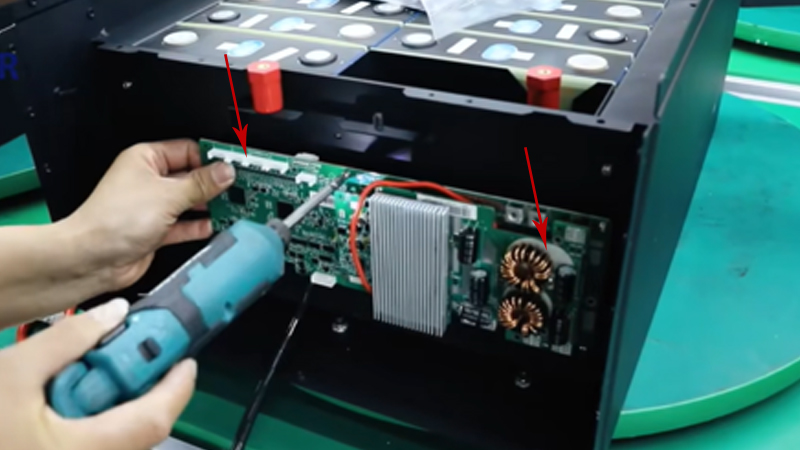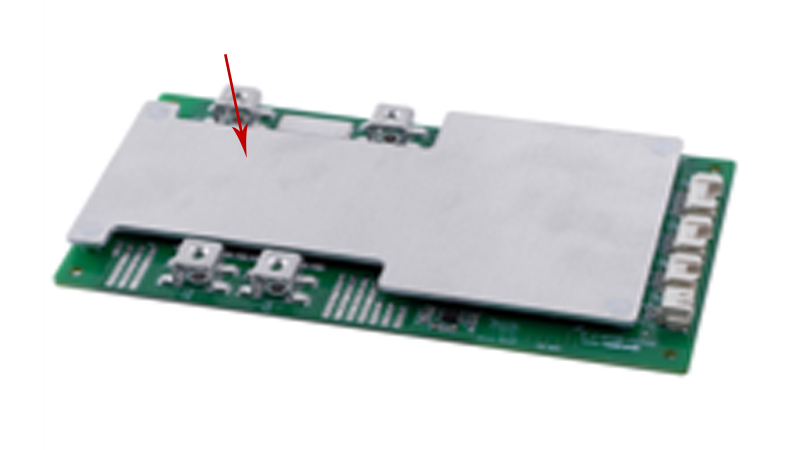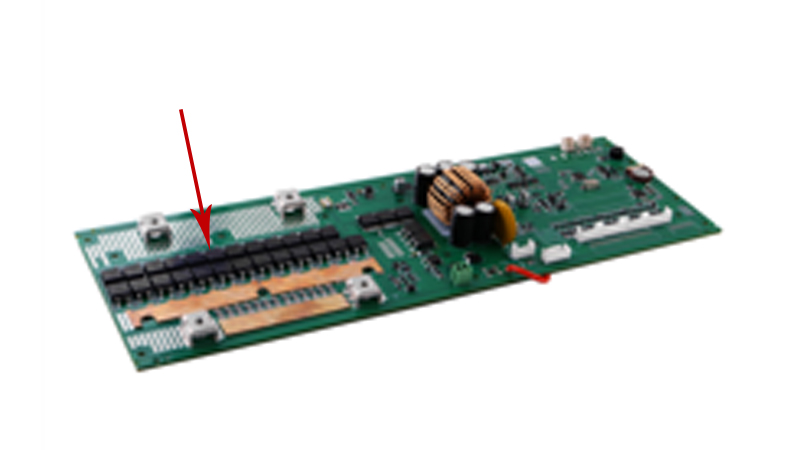Vehicle BMS
The power battery system mainly consists of battery modules, mechanism systems, electrical systems, thermal management systems, and battery management systems (BMS). The power batteries used in new energy vehicles are mainly represented by lithium-ion batteries. Compared with traditional batteries, lithium-ion batteries do not contain heavy metals such as lead and cadmium, are pollution-free, do not contain toxic materials, and have the characteristics of high energy density, high working voltage, light weight, and small size. They have been widely used in consumer electronics, new energy vehicle power batteries, and energy storage fields.
The battery management system can be seen as the "brain" of the battery. Mainly composed of CMU and BMU.
The BMS battery management unit plays a crucial role in the energy storage system. It is a system specifically designed for monitoring, controlling, and protecting batteries. BMS plays the following roles in energy storage systems:
Monitoring: BMS obtains battery status and performance information by real-time monitoring of parameters such as voltage, current, and temperature of the battery. This helps to detect battery faults or abnormal situations in a timely manner and provide accurate battery status estimates.
Control: BMS can control the charging and discharging process of the battery according to the requirements of the energy storage system. It can ensure that the battery operates within the appropriate temperature range and limit parameters such as current and voltage to protect the battery from damage caused by overcharging, discharging, or overloading.
Balance: BMS can also balance the charge differences between individual batteries in the battery pack to ensure that each battery can be charged and discharged evenly. This reduces the imbalance between batteries and improves the overall efficiency and lifespan of the energy storage system.
Protection: BMS plays a critical protective role in energy storage systems. It can monitor the working temperature, current, voltage and other parameters of the battery, and take measures when abnormalities are detected, such as disconnecting the power supply or issuing an alarm, to avoid potential dangers such as battery overheating, overcharging or overdischarging.
RTV three proof adhesive, UV three proof adhesive, RTV bonding adhesive

Thermal pad

Thermal gel

-
Previous article:Vehicle OBC
-
Next one:Vehicle Motor Controller (MCU)








